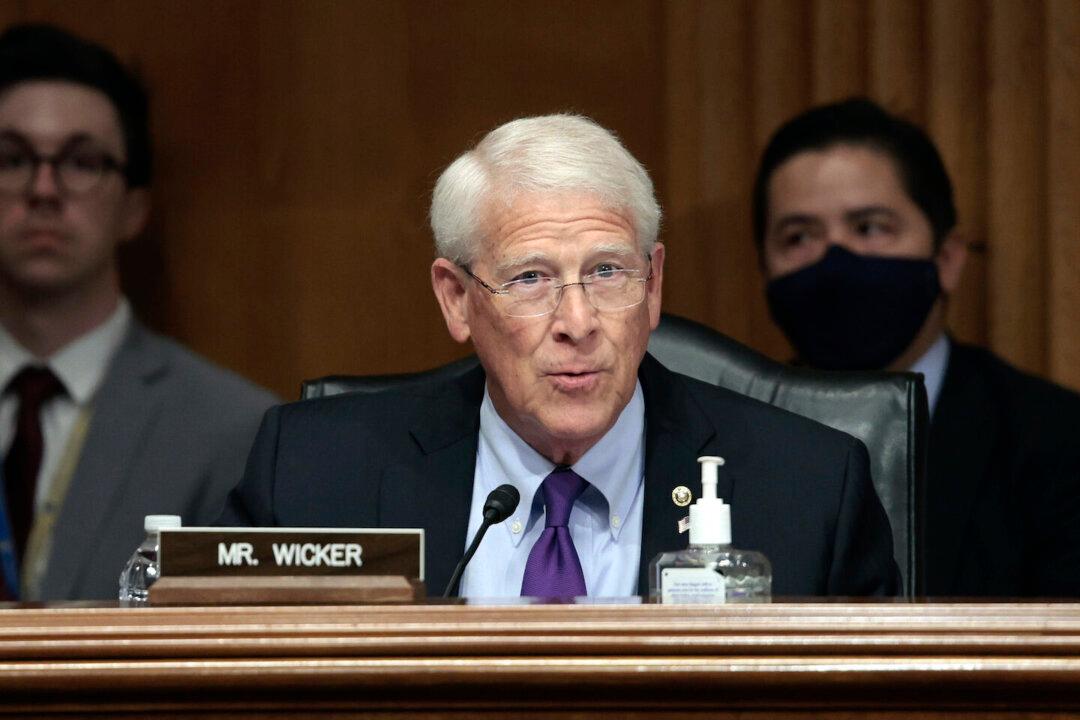Commentary
Donald Rumsfeld got scorched by media rubes for saying: “You go to war with the army you have, not the army you might want or wish to have at a later time.”

Donald Rumsfeld got scorched by media rubes for saying: “You go to war with the army you have, not the army you might want or wish to have at a later time.”